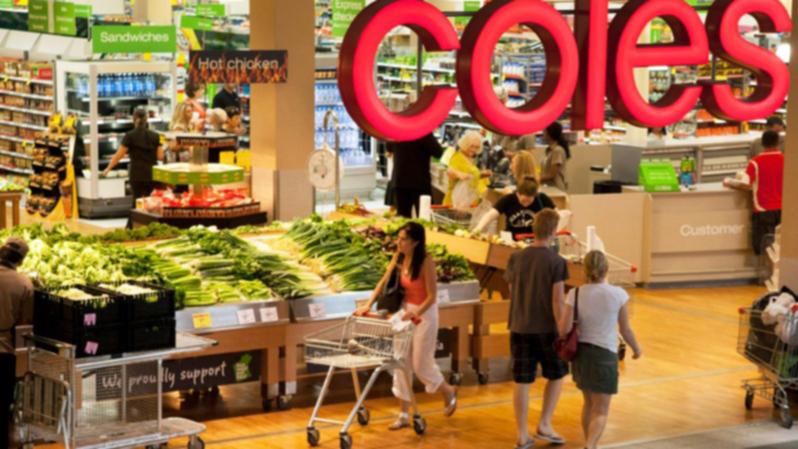Union blasts big supermarkets for wages that mean their ‘workers cannot afford food sold at their workplace’
Unions representing workers at Australia’s biggest grocery chains claim their members don’t earn enough to buy food at their own workplace.

Unions representing workers at Australia’s biggest grocery chains claim their members don’t earn enough to buy food at their own workplace, calling on Senators examining the sector to take steps to break the giants’ “power mongering”.
Public anger at perceived price gouging by supermarkets is spilling over into increased aggression at staff in stores, putting 1.5 million of Australia’s worst-paid workers directly in danger, the Retail and Fast Food Workers Union has told the Senate inquiry into grocery prices in a submission.
“Coles and Woolworths workers . . . feel the effect of price gouging every day in two critical ways,” the union said. “They simply cannot afford the food and groceries they sell in their workplaces.
Sign up to The Nightly's newsletters.
Get the first look at the digital newspaper, curated daily stories and breaking headlines delivered to your inbox.
By continuing you agree to our Terms and Privacy Policy.“(And) when an aggrieved consumer decides to give a spray to Coles or Woolworths for gouging them at the checkout, it is not the CEO, CFO, hardened executive or managing director who is being abused.
“Having been the essential worker heroes of the pandemic, they are now the frontline workers paid poverty wages in unsafe workplaces, subjected to daily abuse because of the power mongering of their employers”.
The union, known as RAFFWU, has more than 3000 members but is opposed to the Shop, Distributive and Allied Employees Association — otherwise known as the “shoppies” — a conservative union that wields power within the Labor Party.
RAFFWU has over the past year orchestrated a series of strikes by supermarket workers, the first of its kind, claiming wages and conditions for Coles and Woolworths workers had gone backwards while the companies were making “record profits during a cost-of-living crisis”.
Woolworths chief executive Brad Banducci in 2022 backed a minimum wage rise that kept pace with inflation and last year said the increase would “make a meaningful contribution” to wages for 145,000 staff.
The Australian Retailers Association, which represents the big supermarkets, last year made the highest minimum wage increase recommendation to the Fair Work Commission of all employer groups
RAFFWU has accused the “duopoly” of anti-competitive price manipulation and excessive power over suppliers and their workforces.
The SDA’s submission to the inquiry largely focused around the need for minimum wages to increase “in line with productivity arising from technological advances”, citing automation of warehousing processes, electronic rostering and other digitisation.
“Corporate Australia is strengthening its position,” the SDA submitted. “It’s time for change, and that will come through ‘decent work’ — decent wages and conditions.”
Separately, the Queensland Premier — whose government is also conducting a similar inquiry — said he hopes his State’s hearings will complement the Federal ones.
He said the major supermarkets had agreed to assist the Queensland inquiry, which is to examine the cause and effect of increased supermarket prices, and opportunities for better transparency for consumers and producers, as well as pricing variability, particularly in regional areas.
The Queensland inquiry is due to report on May 31, after a series of hearings during that month. The Senate report is due May 7.
